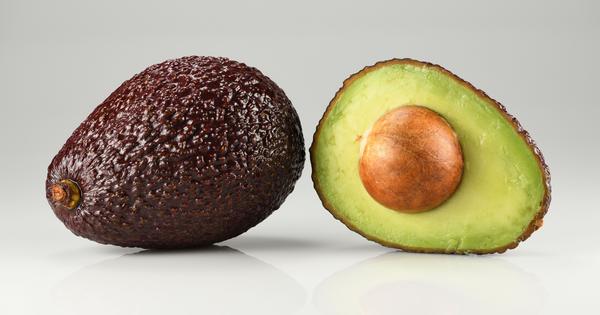Strong demand for avocados contrasts with high levels of waste affecting Tanzanian farmers and local markets.
Avocados have been cultivated in Tanzania since the early 1890s, and the global demand for this fruit, often referred to as green gold, has surged significantly. The market for avocados was valued at over US$6.5 billion in 2020, escalating to US$16.24 billion by 2024, with projections reaching US$23 billion in 2029. In the past two decades, Tanzania has become Africa’s fourth-largest avocado exporter, trailing only Kenya, South Africa, and Morocco. Currently, Europe is the leading destination for Tanzania’s avocados, followed by India and the Middle East, with approximately 30% of the produce exported to India.
Despite the booming export market, a considerable portion of the avocados produced in Tanzania is wasted. Research indicates that up to 40% of avocados in the domestic production sector are lost due to damage from pests and diseases. In the export sector, losses range from 30% to 50% for smallholders and some large-scale farmers, while larger commercial farms face losses between 10% and 20% due to failure to meet quality standards. This situation illustrates a stark connection between consumer choices in Europe and the challenges faced by Tanzanian farmers.
The avocado trade in Tanzania is characterized by systemic issues that contribute to food waste. Interviews with farmers, packhouse managers, and agricultural associations reveal that avocados often sustain damage during transport. Brokers and transporters frequently mishandle the fruit, operating under the misconception that unripe avocados are impervious to damage. Additionally, the strict quality criteria for export avocados exacerbate waste, as only perfectly intact fruit is accepted.
Local farmers struggle further with domestic avocado varieties, which often spoil quickly due to inadequate storage and transport facilities. Before 2016, rejected export avocados were discarded, but they are now sometimes utilized by oil processing factories. Unfortunately, smallholder farmers receive minimal support from agricultural extension officers, leaving them ill-equipped to meet quality standards or negotiate effectively with brokers and traders.
The gender dynamics in the avocado trade also reveal inequalities, as women dominate the domestic market yet face significant barriers. They often lack access to capital and infrastructure, making them vulnerable to exploitation by middlemen who can dictate prices. Many smallholder farmers are caught in a cycle of urgency, needing to sell their avocados quickly to avoid spoilage, which leads to hasty negotiations and often unfavorable terms.
Addressing these challenges requires a multifaceted approach. Farmer cooperatives should receive enhanced support from the government and development organizations to improve training on crop management and negotiation strategies. Local governments could collaborate with stakeholders to establish minimum pricing to protect farmers from exploitation. Moreover, improving access to real-time market data would empower farmers to better understand market demands and negotiate prices effectively.
Efforts should also be made to standardize quality criteria for avocados to reduce rejections and educate all participants in the supply chain on proper handling practices. Investments in cold storage, transport, and oil processing facilities could further mitigate waste by providing alternatives for surplus and rejected avocados. Ultimately, addressing food waste in Tanzania’s avocado industry is not just a logistical issue but also a matter of social justice, necessitating a deeper examination of the systemic inequities affecting farmers.








